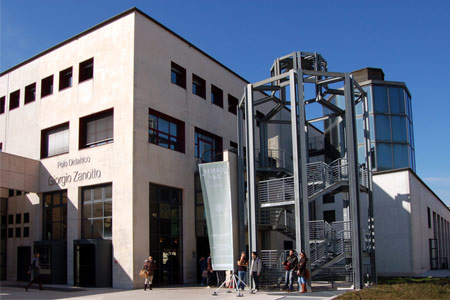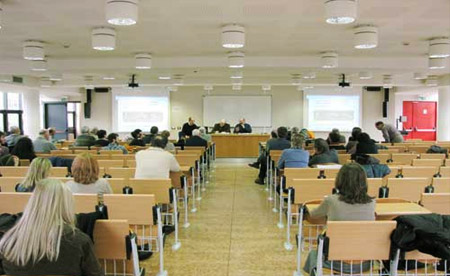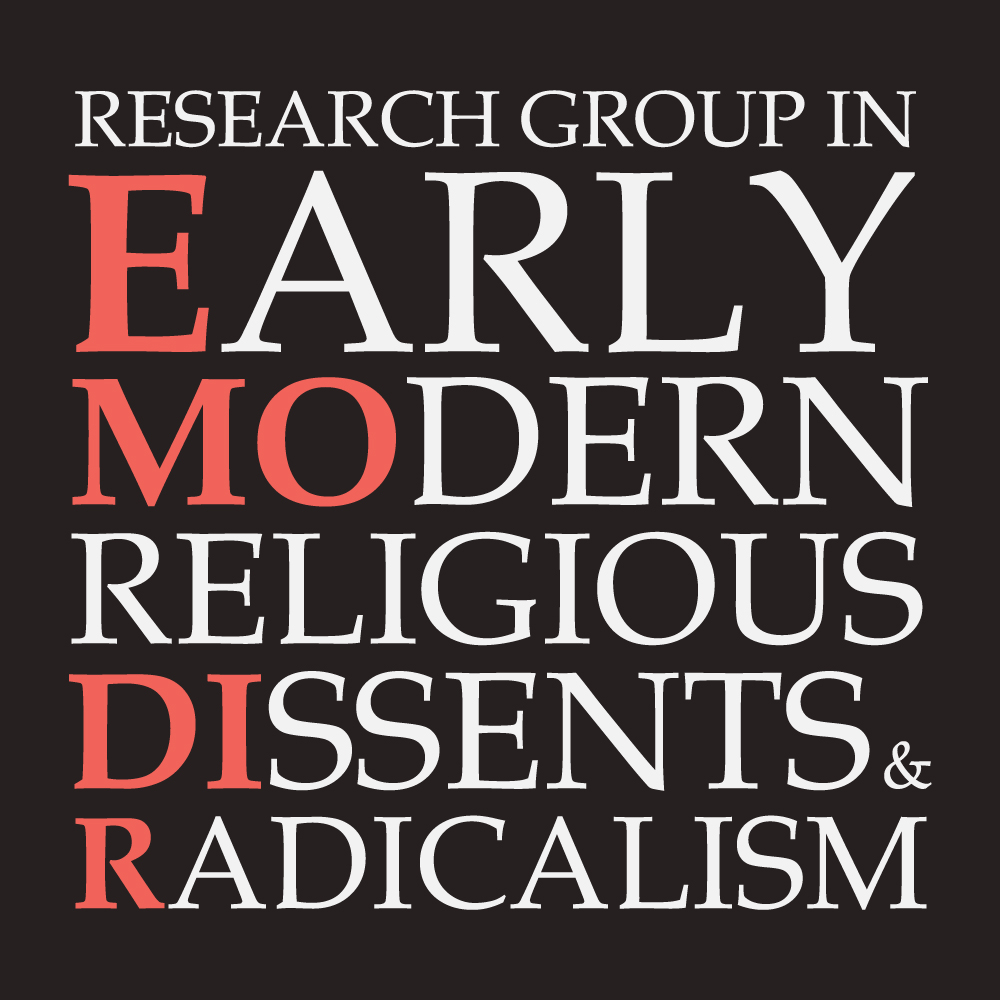EMoDiR (Early Modern religious Dissents and Radicalism) is an international research network devoted to understanding religious dissent in Europe. It is committed to gathering together a variety of research projects on early modern religious culture which, given its multifaceted nature, is conceived as a dynamic system. One moreover, which was essential in forging complex identities and encouraging dialogue between them. Analysis, both at local and transnational level (from a predominantly European perspective) is intended to contribute to a cultural and social history of dissents.
We wish to promote research on the social networks of individuals and specific groups, as well as on the dynamics involved in constructing socio-cultural identities. In addition, research will be undertaken (1) on the various processes and methods where by orthodoxies attempted to marginalise such groups; and (2) on internal conflicts within dissenting movements and communities, and tensions between dissenters and the outside world. Adopting these viewpoints, we also wish to examine (3) representations of these movements – both from within by adherents, and from without by critics; and (4) the social characteristics and cultural practices of these movements.
Therefore, we believe that one needs to emphasise how the construction of the dissenter is the outcome of a complex process, which requires to be analysed both in terms of internal and synchronic dynamics, and in external and diachronic ones. Precisely for this reason we do not take the very notion of dissidence normatively; on the contrary, we use it in a very wide sense, inclusive of expressions of unintentional dissent, which was denounced as such by the orthodoxies – that is to say, of forms of dissent whose protagonists could conceive them as pleas for reform, but that nevertheless went beyond the limits of what was regarded as legal, thus provoking reactions of varying degrees of violence on the part of orthodoxies. Therefore, by considering dissent as a socio-cultural construction rather than doctrinal position, our first objective consists in deconstructing and historically contextualizing such commonly used categories as dissent, radicalism, dissidence, libertinism, heresy, heterodoxy and so on, a prerequisite to a critical and problematic use of them.








